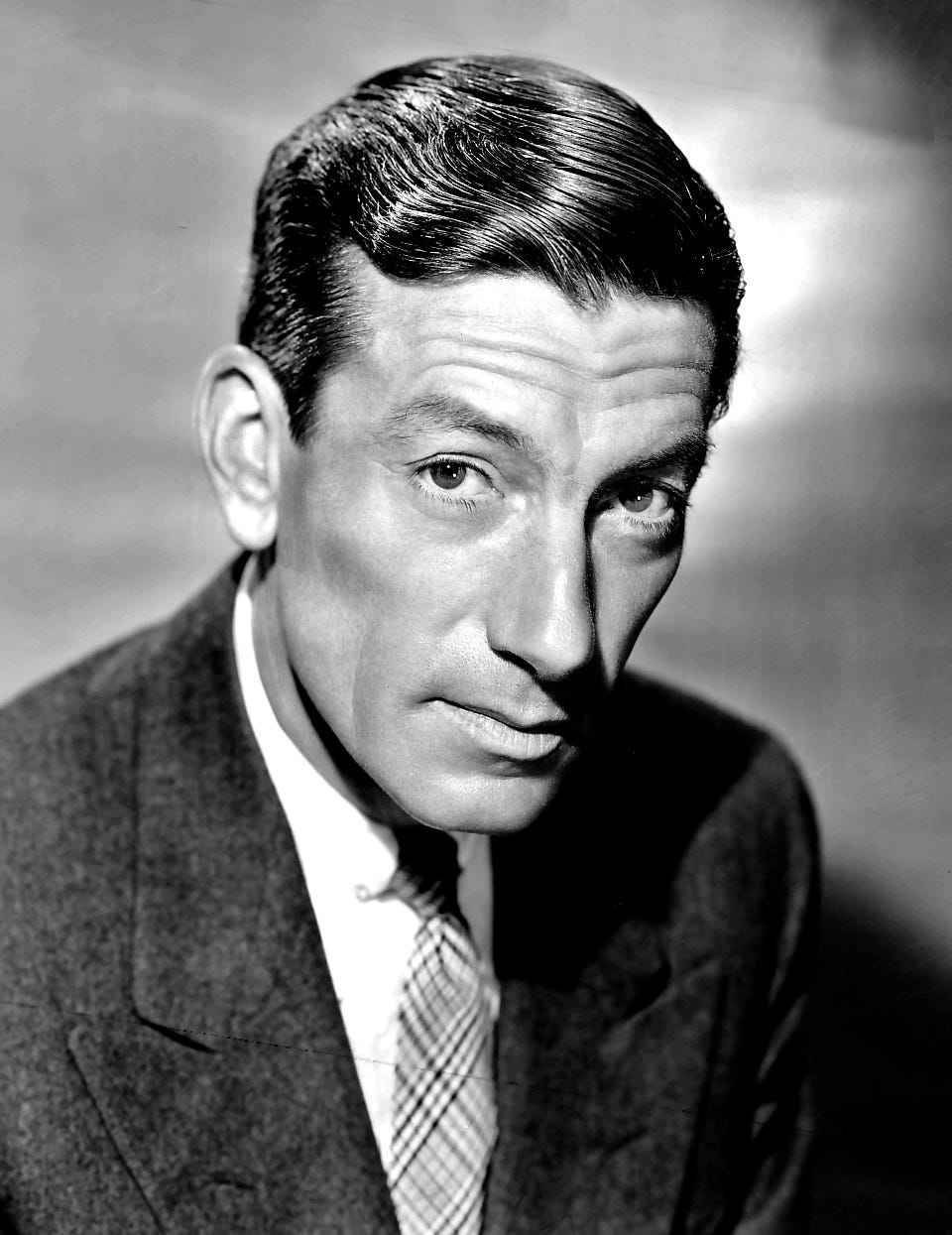The Lone Ranger and Tonto find themselves surrounded by hostile Indians. The Ranger asks Tonto: “What are we going to do, Tonto?” To which Tonto replies: “What do you mean ‘we’, white man?”
For centuries, The Roman Empire was the empire everyone wanted to be. Napoleon called himself “a true Roman Emperor… the best race of the Caesars”. The Nazis saw themselves as heirs to Roman civilization. And the impact of the Roman Empire has been undeniable. Latin-derived languages are spoken from Lisbon to Chișinău.
The Romans combined an implacable militarism with a flexibility. They conquered other tribes and empires and put down revolts. Their punishment of choice was the horrific torture of crucifixion. At the same time, they absorbed Greek-derived culture and Judean-derived religion into their systems. They relocated their capital from Rome to Byzantium when required. They were paradoxically solid and fluid.
Roman power flowed from its armed might. Its army was originally built on conscription however it professionalized as the Republic became an Empire. Its soldiers were rewarded with loot and land.
The Empire had an elaborate caste system with the concept of citizenship at its center. Citizenship allowed holders to trade, marry, and migrate. To be a citizen was to be a superior being. One route to citizenship was service in the army.
The American Empire has similarities and differences to Rome. The United States of America began with European immigrants and their descendants expanding from the Atlantic and ethnically cleansing the Great Plains and the West under the rubric of “Manifest Destiny” while a portion built a plantation economy on slave labour. These actions would not be alien to the Romans, although the insistence on seeing natives and slaves as inherently inferior classes of being would have struck them as odd.
America then acquired an overseas empire including the Philippines. At the outbreak of WW2, 13% of the population of the US Empire lived in territories not states. Americans have largely forgotten this part of their history. Others have not.
Following the end of WW2, American did something very unRoman. It mostly withdrew from the territories in Europe and Asia that it had conquered (unlike the Soviet Union). Other Empires had done this before. Holding and settling land is hard work. Easier to establish a garrison on your border and extract tribute. But America did two things at once. It established a global network of military bases (a “pointillist empire” as Daniel Immerwahr describes it) that allowed it to project its power. It also did the usual empire thing of overthrowing local rulers who opposed its interests and replacing them with more compliant ones (Iran, Chile, etc).
Americans were and are uncomfortable with the notion that they are an empire. Weren’t they plucky rebels resisting the tyranny of the British? How could they be the baddies? Denial is not just a river in Egypt (as the British found out to their cost with another Egyptian body of water in 1956).
American Empire has been through several distinct phases:
The Manifest Destiny of the 19th century.
The overseas adventurism of the early 20th.
The Cold War - where America was locked in an existential battle with a foe that was as much ideological as territorial. A foe that one day just fell apart.
A period as a Hegemon - that lasted from 1990 through to the late 2000s. A combination of the failure in Iraq and the Financial Crisis was less dramatic than the Fall of the Berlin Wall but just as consequential.
Whatever is happening now.
The United States of America is based on f-k you. You're a king? You have an army? Greatest navy in the history of the world? F-k you! Blow me. We'll f-k it up ourselves. Which we have done. - Little Frank, The Gambler
I am not a citizen of the American Empire. I live in a vassal state dependent on a security guarantee of American military might. The relationship is complicated because Australia’s biggest trading partner is America’s biggest challenger - China. Therefore I am interested in the thoughts of the Imperial citizenry. Matthew Gasda talks of Post Empire here. I’m not sure I buy the massive dichotomy he lays out in his Empire vs Post-Empire table*. I am interested that his Empire examples all seem to be from the 90s / early 00s which is both from the Hegemon period of Empire and also presumably when he was a kid. I’d like some acknowledgement that American Empire goes back way earlier than Smells Like Teen Spirit. But what do I know? I am not an Imperial citizen.
As for America’s future, it is still the most economically mighty and technologically advanced state in the world. It is not going away but it might go a bit crazy. Empires have a habit of doing that.
“Do we need to go to the French Eiffel Tower? We saw the one in Disneyland” - An American (overheard) in Paris.
Americans should be aware that they are not completely masters of their own destiny. While it might be tempting to see other countries as NPCs, it might also be fatal. America has an habit of losing wars that, if war were purely a technological competition, it should win. Other countries have their own manifest destinies.
American Empire exists in contrast to the other great powers that it allies with or defines itself against or does both at once - the default for international relations is “Frenemy”. But that can be hard when your Empire is an Inland Empire - cut off from the rest of the world.
*Also James Bond is Post-Imperial figure. Fleming wrote those books as the British Empire was collapsing. Also: “When I wrote the first one in 1953, I wanted Bond to be an extremely dull, uninteresting man to whom things happened” How very British.



